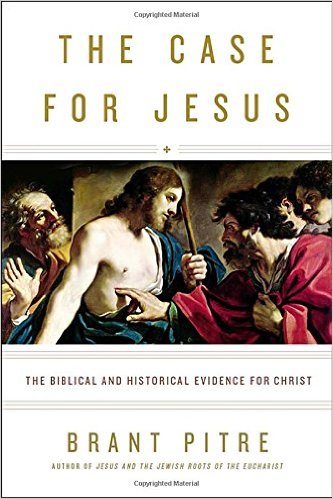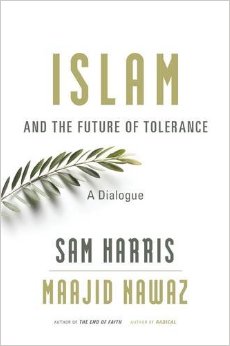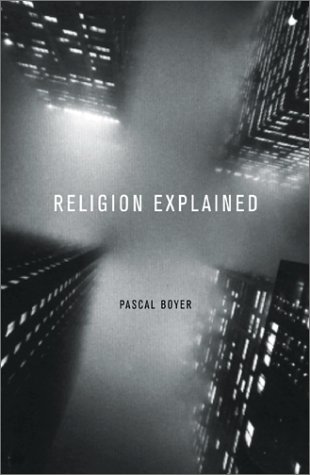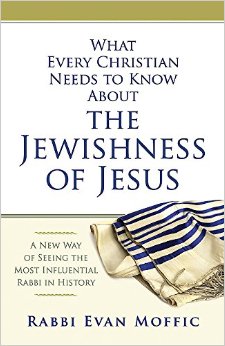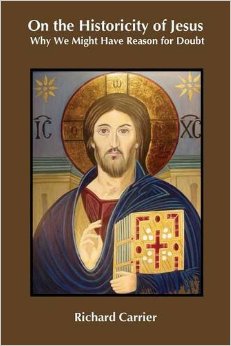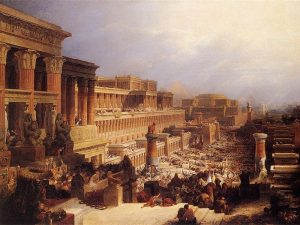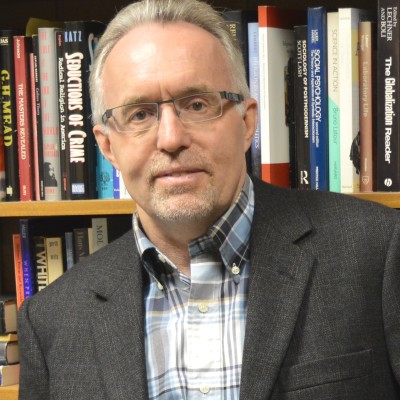It is an abuse of one’s status as a public intellectual to write dogmatic apologetics for lay readers. Professor Brant Pitre cobbles together a grab-bag of rationalisations to promote Catholic dogma and presents it to his lay readers as a work based on superior scholarship. The title of this post might have as well have begun with “Betrayal of lay readers” as “Failure of scholarship”.
Take the second chapter of The Case for Jesus: The Biblical and Historical Evidence for Christ as but one example. After having earlier stressed the importance of understanding the Gospels in their Jewish context, Pitre in this chapter abandons that Jewish context and flips to a non-Jewish Greco-Roman context, resorts to anachronisms, fallacious rhetorical arguments and some misleading statements about the manuscript evidence to pummel the lay reader into “just knowing” that our canonical gospels were composed as we read them today, complete with their author names, Matthew, Mark, Luke and John, heading each one. The book could be ignored as another Catholic tract if it were not for his academic peers — some of whom have been known to react with indignation if one dares suggest they are not objectively engaged in intellectually honest pursuits — publicly complimenting the work.
In seeking to reassure faithful readers that the Gospels were not originally written anonymously Pitre time-warps out of his “spiritually enlightening” Jewish context of the previous chapter and appeals to modern Western reading preferences:
Imagine for a moment that you’re browsing the shelves of your local bookstore, and you come across two biographies of Pope Francis. One of them is written by a longtime friend and contemporary of the pope. The other biography is anonymous. Which one would you buy? Most people, I would venture to guess, would go for the one written by someone who had actually spent time with him, someone who was a friend of Jorge Bergoglio, the man who later became pope. At the same time, I think most people would also view the anonymous biography with some level of suspicion. Who wrote this? Where did they get their information? Why should I trust that they know what they’re talking about? And if they want to be believed, why didn’t they put their name on the book?
Pitre, Brant (2016-02-02). The Case for Jesus: The Biblical and Historical Evidence for Christ (p. 12). The Crown Publishing Group. Kindle Edition.
Scholars who argue the contrary (which, incidentally, would probably be most critical scholars) do so because of religious prejudice, because they do not want to believe in the Jesus in the Gospels, according to Pitre. The lay believer is led to think of critical scholars as hostile to his or her faith and to be dismissed as some sort of enemy of the truth:
The theory [of the anonymous Gospels] is remarkably widespread among scholars and non-scholars alike. It is especially emphasized by those who wish to cast doubts on the historical reliability of the portrait of Jesus in the four Gospels.
Pitre, Brant (2016-02-02). The Case for Jesus: The Biblical and Historical Evidence for Christ (p. 16). The Crown Publishing Group. Kindle Edition.
I’ll dwell upon the anachronistic analogy and the convenient abandonment of the Jewish context of Brant’s argument in this post.
Pitre explains:
[T]he Gospels are a form of ancient Greco-Roman biography. As experts in ancient biography have pointed out, “authors of biographies… normally were named.” Craig S. Keener, The Gospel of Matthew: A Socio-Rhetorical Commentary (Grand Rapids, MI: Eerdmans, 2009), 40. Moreover, one of the standard “opening features” of an ancient Greco-Roman biography was ordinarily some kind of “title.” Richard Burridge, What Are the Gospels?, 156– 57. These titles sometimes identify the author in the third person (see, e.g., Josephus, Life of Josephus; Tacitus’s Agricola; Diogenes Laertius, Lives of Eminent Philosophers). This makes perfect sense, since when it comes to biography, the reader will want to know who is giving the account of the subject’s life, and how they got their information.
Pitre, Brant (2016-02-02). The Case for Jesus: The Biblical and Historical Evidence for Christ (p. 207). The Crown Publishing Group. Kindle Edition.
Has Pitre read beyond the works of fellow apologists like Craig Keener and Richard Bauckham in his investigations into this question? Nowhere in his bibliography or index does one find reference to the 2008 article in the reputable journal Novum Testamentum 50:2 120-142 by Armin D. Baum, The Anonymity of the New Testament History Books: A Stylistic Device in the Context of Greco-Roman and Ancient Near Eastern Literature. Professor Baum’s article actually offers Pitre, Bauckham, Keener and others a way to consistently evaluate the Gospels without sacrificing their Jewish context. But that would also mean stepping away from what modern readers might look for in a biography and accepting that the gospels just might have been originally anonymous after all.
Anonymity: A Stylistic Device
Begin with the abstract of Baum’s article:
The anonymity of the NT historical books should not be regarded as peculiar to early Christian literature nor should it be interpreted in the context of Greco-Roman historiography. The striking fact that the NT Gospels and Acts do not mention their authors’ names has its literary counterpart in the anonymity of the OT history books, whereas OT anonymity itself is rooted in the literary conventions of the Ancient Near East. Just as in the OT, where the authors of books that belonged to the genre of wisdom and prophetic literature were usually named while historical works were written anonymously, only the NT letters and the Apocalypse were published under their authors’ names while the narrative literature of the NT remained anonymous. The authorial intent of the Gospels’ anonymity can also be deduced from its ancient Near Eastern and OT background. Unlike the Greek or Roman historian who, among other things, wanted to earn praise and glory for his literary achievements from both his contemporaries and posterity, the history writer in the Ancient Near East sought to disappear as much as possible behind the material he presented and to become its invisible mouthpiece. By adopting the stylistic device of anonymity from OT historiography the Evangelists of the NT implied that they regarded themselves as comparatively insignificant mediators of a subject matter that deserved the full attention of the readers. The anonymity of the Gospels is thus rooted in a deep conviction concerning the ultimate priority of their subject matter.
Three New Testament historical works, Luke, Acts and John, contain prologues, the literary place-marker where one would most expect to find a reference to the author’s identity. But no,
Whenever New Testament narrators address their readers, whether in the first person or in some other way they consistently remain anonymous. (p. 122)
It is in the prologues of Greco-Roman history that we normally find the author’s name.
The absence of a prologue was usually considered as a departure from long established standards. Therefore, Lucian could write disapprovingly:
There are historians who “produce bodies without any heads?works lacking an introduction that begin at once with the narrative.”
Thus, the Jewish historian Josephus prefixed elaborate prologues to his Bellum Judaicum and to his Antiquitates because he did not want his works to appear, in the eyes of his educated Hellenistic audience, like headless bodies.
The same applied to Greco-Roman biography:
Greco-Roman biographies were published under the names of their authors (Euripides, Isocrates, Lucian, Philo, Plutarch, Suetonius etc.) as well. Only the lives that belong to the genre of popular literature (1st to 4th century A.D.) were an exception: the Vita Aesopi the Vita Alexandri Magni (later ascribed to Callisthenes), the somewhat more sophisticated narrative Lucius seu asinus and the Vita Secundi philosophi. These biographies have not only a rather low and episodic style but also anonymity in common. (pp. 126f.)
After surveying the range of ancient biographies and histories Baum concludes:
On the basis of these observations we may conclude: If a Hellenistic historian did not mention his name in (the prologue of) his work, he deviated from an ancient and widespread literary convention. (p. 127)
Baum then compares Old Testament and other Jewish historiography: Continue reading “Why the Anonymous Gospels? Failure of Scholarship in Pitre’s The Case for Jesus“


